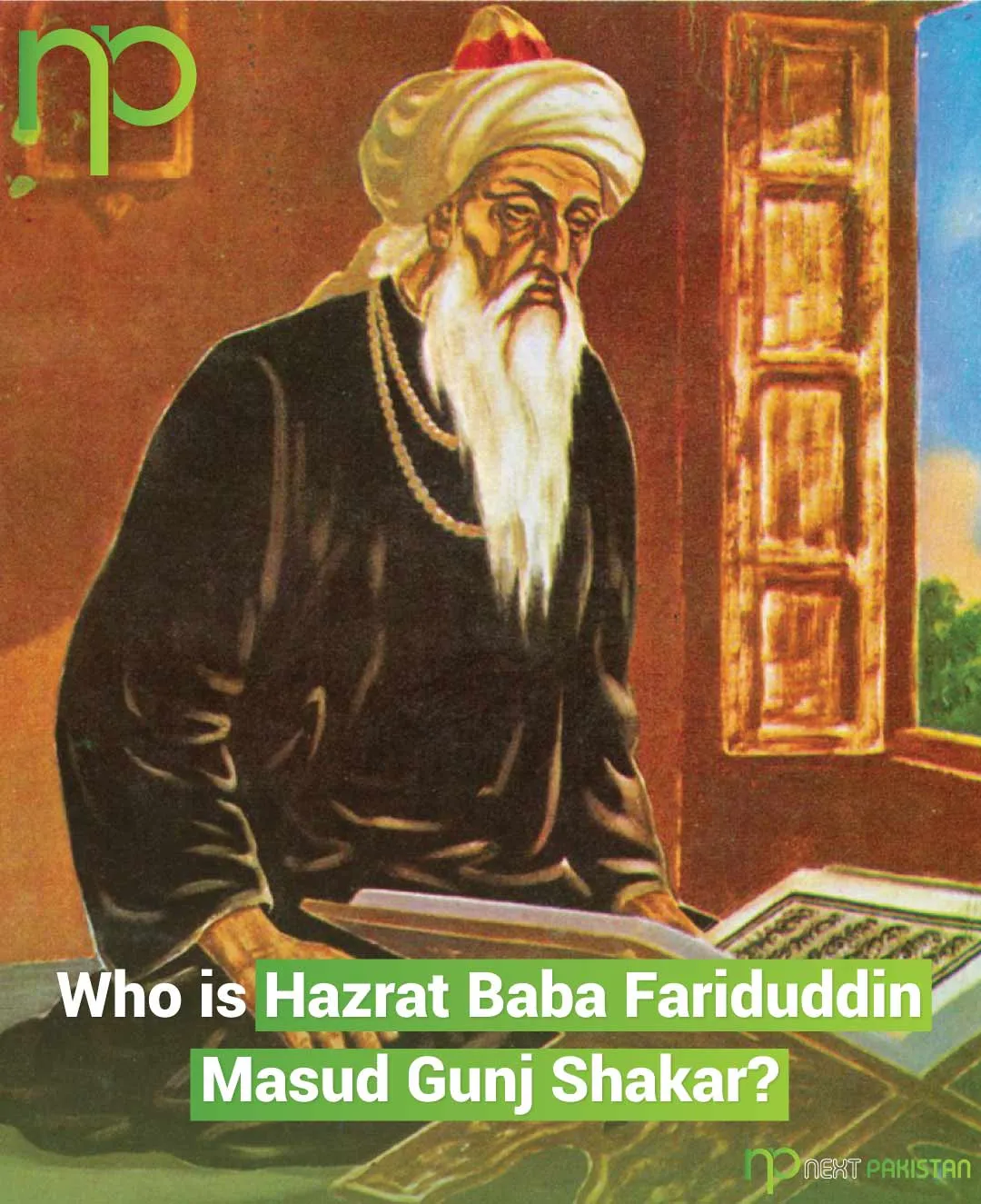
- February 14, 2024
- ubaidah khan
- 0
Introduction:
In the rich tapestry of Islamic history, Hazrat Baba Fariduddin Masud Gunj Shakar stands out as a prominent 12th-century figure—a Muslim preacher, mystic, and one of the founding fathers of the Chishti Sufi order. Baba Farid is considered one of the founding fathers of the Chishti Sufi order. This article delves into the life, teachings, and contributions of Hazrat Baba Farid, shedding light on his spiritual journey and enduring influence.
Early Life and Education:
Born in 1179 AD in the village of Kothewal, Multan, to Jamal-ud-din Suleiman, Baba Farid received his early education in Multan, a center for Muslim education during that era. His spiritual journey took a significant turn when he encountered his teacher, Qutab-ud-Din Bakhtiar Kaki, a renowned Sufi saint.
Spiritual Succession and Settlement:
Following the passing of Qutab-ud-Din Bakhtiar Kaki in 1235 AD, Hazrat Baba Farid became his spiritual successor. He settled in Ajodhan (present-day Pakpattan), a place that would become synonymous with his spiritual teachings.
Notable Disciples and Family:
During his journey, Baba Farid met notable figures, including Nizam-ud-Din Auliya, who became his disciple and later succeeded him as Sufi Khalifah. Baba Farid had three wives and eight children, leaving behind a legacy that continued through his descendants, known as Fareedi or Faridy.
Emperor Nasir-ul-Din Balban facilitated the introduction of Baba Farid Ji to his family. When Baba Farid Ji laid eyes on the Emperor’s daughter, Hazabara, he expressed his desire to marry her. Emperor Balban agreed to the union with a unique condition – that no expensive gifts would be exchanged. In keeping with this promise, after the marriage took place, Baba Farid Ji selflessly distributed all the precious jewels and possessions received from Hazabara among the Faqirs, embodying a spirit of generosity and detachment from material wealth.
Contributions to Punjabi Literature:
Baba Farid played a crucial role in the development of Punjabi literature. Before him, there was little in Punjabi literature apart from traditional ballads. By choosing Punjabi as the language of poetry, he laid the foundation for a vernacular Punjabi literature that would flourish in the years to come.
The Title "Shakar Gunj" (Treasure of Sugar):
Legend has it that Baba Farid’s mother used to encourage his prayers by placing sugar under his prayer mat. One day, when she forgot, the young Farid discovered the sugar, deepening his spiritual fervor. This experience led to the bestowed title “Shakar Gunj,” meaning “Treasure of Sugar.”
Shrine and Legacy:
The Baba Farid Shrine, situated in Pakpattan, holds great importance in Pakistan, being one of the earliest Islamic holy sites in South Asia, offering local Muslims a sacred focal point for their devotion. Sikhs also hold this shrine in high regard, incorporating Baba Farid’s poetry into the Guru Granth Sahib, considered the eternal Guru by Sikhs. Over the centuries, the shrine played a crucial role in the conversion of locals to Islam. The leaders of this revered shrine once governed a politically independent state, protected by soldiers from local clans who pledged allegiance to the shrine and Baba Farid’s descendants. Today, it stands as the most significant shrine in Punjab, drawing around two million visitors annually to its celebrated urs festival.
Conclusion:
Hazrat Baba Fariduddin Masud Gunj Shakar’s life is a tapestry woven with spiritual wisdom, devotion, and literary contributions. His legacy continues to inspire seekers of knowledge and serves as a beacon of light in the annals of Islamic history.